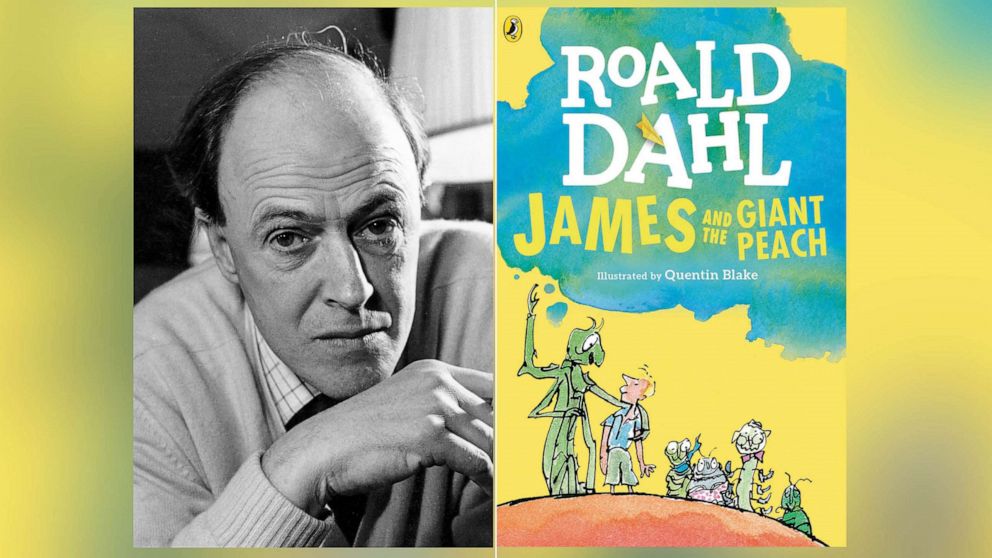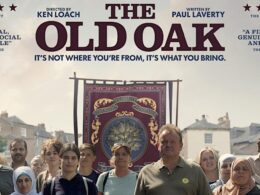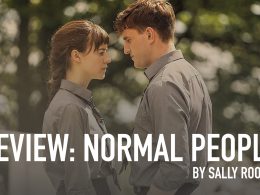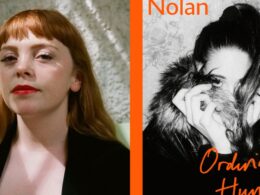By Manus Lenihan
In recent years we’ve had the #MeToo movement, the climate strikes and the massive Black Lives Matter protests. We marched for justice and system change, not for endless debates over whether this 1980s sitcom is problematic or whether that children’s book should be edited.
But the corporate entertainment industry and the hysterical ‘anti-woke’ crusaders are setting the terms of the debate. So instead of posing a radical redistribution of wealth and power, instead of building an organised multi-racial and multi-gendered working-class movement, here we are in 2023 arguing over books about giant peaches and chocolate factories.
Heated debate erupted in February over proposed edits to a new edition of the works of Roald Dahl by publisher Penguin. The proposed edits were minor: a couple of hundred words were going to be changed, over a body of work amounting to hundreds of thousands of words. For example, changing ‘fat’ to ‘enormous’ and clarifying that not all women who wear wigs are bald.
Yet the British Prime Minister, the former PM and the Queen, fearing that Big Brother and 1984 were just around the corner, all stepped in to defend the late Mr Dahl from the woke thought police. These are books they probably only have vague memories of reading forty or fifty years ago, if ever.
This is not a new phenomenon. Tolkien, Stephen King and many others went back and revised their novels, without controversy. Classics have been painstakingly reconstructed by editors from multiple drafts and versions. These are entertainment and not holy scriptures.
However, writers should on principle hold the line against publishers making changes to the text without permission of the author, even in cases where the estate gives the green light. It’s not healthy that our society regards people’s artistic creations as the ‘franchise’ or ‘Intellectual Property’ of some massive company. So alongside the ‘anti-woke’ hype, there were genuine worries about corporate overreach.
But since this is not a new problem, there are already better, tried and tested solutions. Adding an introduction and/or footnotes to a novel provides context and an alternative viewpoint. This is often done with adult fiction, allowing us to appreciate a writer like HP Lovecraft while also getting an alternative perspective on his racism. Children too would read such material, provided it’s written in a way that’s relevant to them.
Changing controversial parts of a text can also be an undeserved whitewash. Take the original James Bond novels. Racism and sexism are baked into some of those books and removing a slur here and there is not going to ‘fix’ that. Instead of inviting critical thought, it would make the racism less obvious and more insidious.
Another obvious solution was proposed by author Philip Pullman: read a different book. There is no law saying Penguin have to re-release Roald Dahl. It doesn’t belittle Dahl to point out that there is not and has never been a shortage of great children’s authors. Publishers could spend their budget promoting some other funny and imaginative writer.
The problem is, we are talking about a for-profit publishing industry, which prefers to milk a safe cash cow instead of taking risks – especially in the case of Dahl with the promise of Netflix tie-ins.
This real issue was seized upon by media and political figures who are ready to jump on anything in their ‘anti-woke’ crusade.
There are very real threats to freedom in the English-speaking world today, such as union-busting, attempts to erase trans people from public life, the banning of books in Florida, or Gary Lineker being booted off Match of the Day for supporting refugees. But Johnson and Sunak are getting up on their high horse over the right to call children ‘fat.’
Children’s books should be inclusive and should not gratuitously insult kids. This is a real problem, and not only with older books. Dahl had some abhorrent views and that is sometimes reflected in his books. But changes without an author’s consent are not a good solution. There were probably genuine good intentions on the part of individuals, but Penguin’s willingness to take this approach may have more to do with today’s culture industry, which is keen to milk well-known names and stories.
So, who won in this latest round of the ‘culture war’? A lot of people enjoyed themselves posturing as brave defenders of free speech. But the real winners are Penguin Books, who get to release not one but two new editions of the works of Roald Dahl: the revised versions alongside ‘classic’ versions for the self-appointed ‘free speech’ crusaders. So now we have Coke and Diet Coke, but for books.
But the two versions will be literally 99% identical, which underlines the absurdity of the whole affair. And not absurd in a fun Willy Wonka kind of way.











